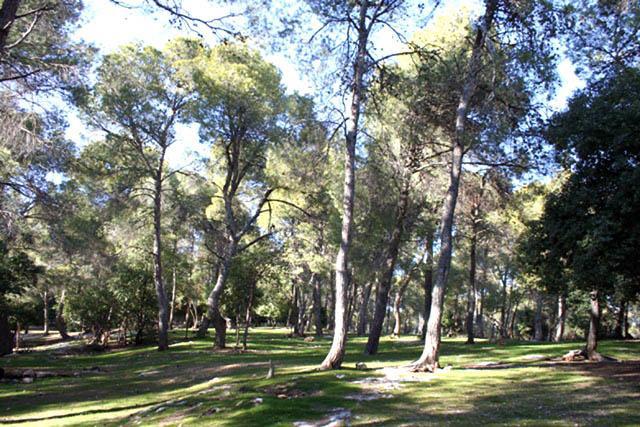- Local News
- Mon-2021-04-05 | 03:36 pm

Nayrouz News Agency :
There are key challenges and barriers holding back women’s participation and voices in environmental decision making in Jerash’s elected councils, according to a study titled "Women and Environmental Leadership: Elected Councils in Jerash an Example”.
The study, which was implemented by the Dibeen Association for Environmental Development, in cooperation with the Forum of Federations and with support from the Canadian Government, aims to advance equality of rights, obligations and access to sustainable development opportunities between the two genders in the field of environment.
In remarks to The Jordan Times on Saturday, President of the Dibeen Association for Environmental Development Hala Murad pointed out the importance of women’s leadership in the field of environment, adding that "women are the ones who often lead sustainable practices in their surroundings and they are the ones who have a deeper understanding of nature”.
"Having different perspectives on environmental issues, leads to sustainable development outcomes,” according to Murad who noted that this study aims to strengthening gender perspectives in environmental assessments and conservation.
Until now women’s role is weak, therefore there is a need to raise the awareness of municipal council members about environmental issues, and review the quota system in municipal laws to increase female quota to 30 per cent, she added.
Furthermore, she said that women represent one-half of society, so if their voices are unheard, the societal challenges would be addressed ineffectively and from a single perspective.
"Municipal and local council elections will be in August, so we hope there would be substantive changes,” Murad added.
There are 18 local councils in Jerash Governorate, headed by 18 council presidents of which only one woman is chairman. Meanwhile, presidents of all five municipal councils in the governorate are all men, the study showed.
The total number of members of municipal and local councils in Jerash is 93, of which 30 are women, accounting for 32.26 per cent, according to the study, which also showed that 56.7 per cent of women in elected councils tried to participate in environmental decision making, but their suggestions were dismissed.









